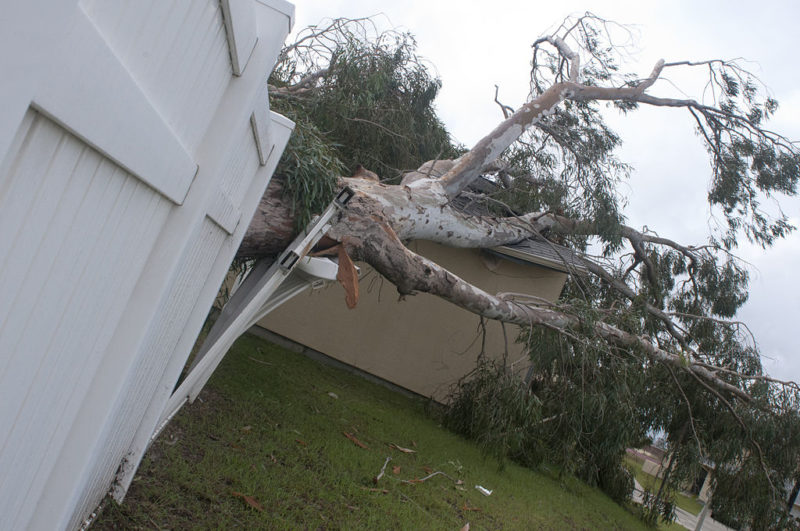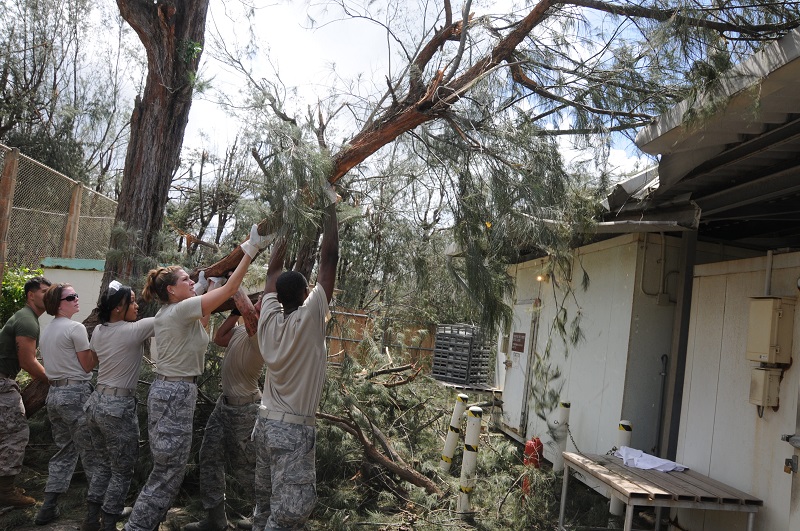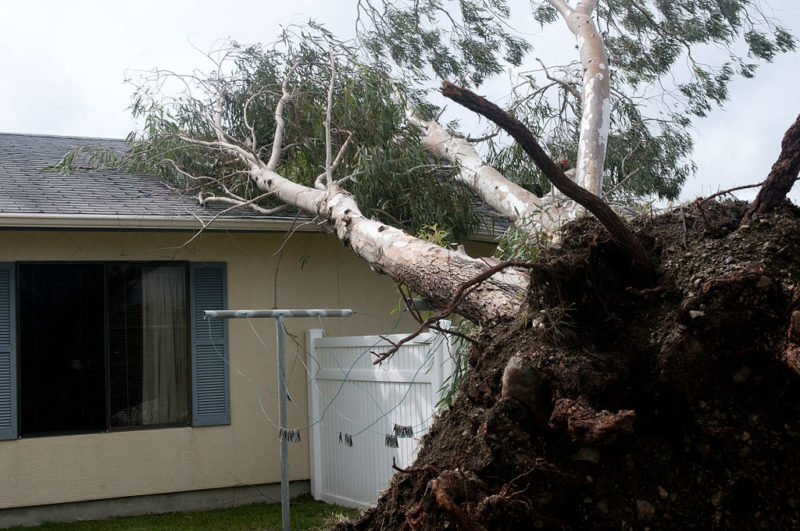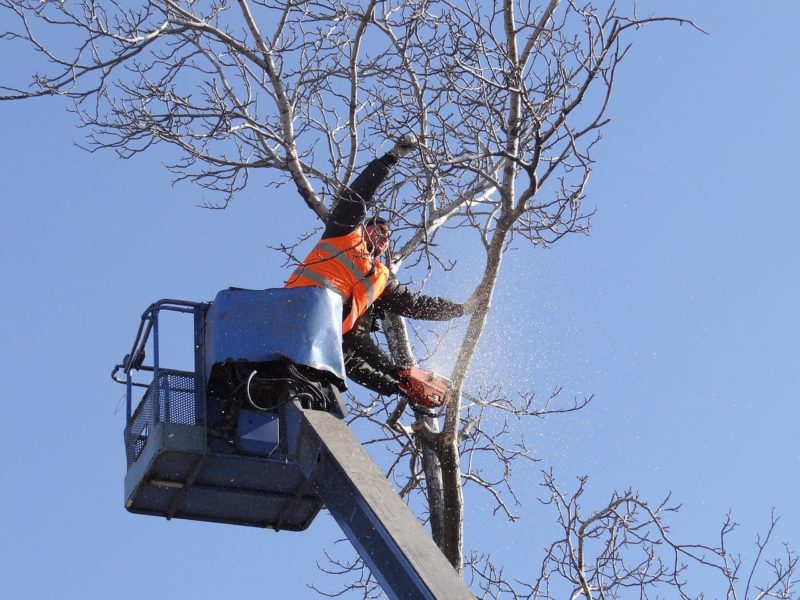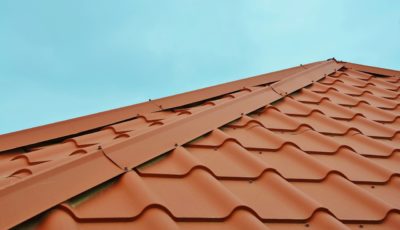The 4 First Steps to Take If a Tree Branch Falls on Your Roof
Given that many trees in residential areas are near homes, it’s likely that a tree branch will fall on the roof of your home at some point. When this event occurs, it’s vital that you know what to do next so that you don’t risk further damage to your home or injury to you and your family. By following these steps, you’ll be able to make the most of a bad situation.
Assess
Before you do anything else, it’s important to assess the situation. After all, if your neighborhood has above-ground power lines, the branch may have brought down a power line as it was falling, meaning that you could be facing an imminently dangerous situation. You’ll also want to determine the condition of the tree from which the branch fell to understand if the entire tree needs to be removed. Once you have a clear understanding of the current situation, it’s time to take action.
Remove The Branch
If conditions allow, the next step you’ll want to take is to remove the branch from your roof. Of course, if you don’t have a ladder that’s tall enough to access your roof, you’ll need to call in some professional assistance to get the job done. Removing the branch will allow you to better understand the condition of your roof so that you can take action to protect your home if the damage is significant.
Protect Your Roof
Due to their weight, tree branches can cause a surprising amount of damage when they fall on a roof. This means that there could be holes in your roof in the spot where the branch fell. To help prevent water leaks before a roof replacement company can arrive, it’s a good idea to cover your roof with a tarp. This is true even if you can’t see any holes in your roof, as the holes may be too small to see but could still allow water to seep through.
Trim The Tree
After your roof has been restored, it’s time to take a look at the tree that did the damage. Assuming that the tree is still healthy and doesn’t need to be removed, it’s a good idea to look for branches that are hanging over your roof and need to be trimmed. In addition to protecting against future damage from falling branches, this step will help prevent normal wear and tear from the branches constantly contacting your roof.
If your roof has been compromised by a falling branch, moisture that enters your home through the compromised roof can cause a lot of damage in a short amount of time. Therefore, as soon as it is safe, it’s crucial that you act quickly to complete these steps so that your home doesn’t suffer significant water damage that could be costly to repair.

